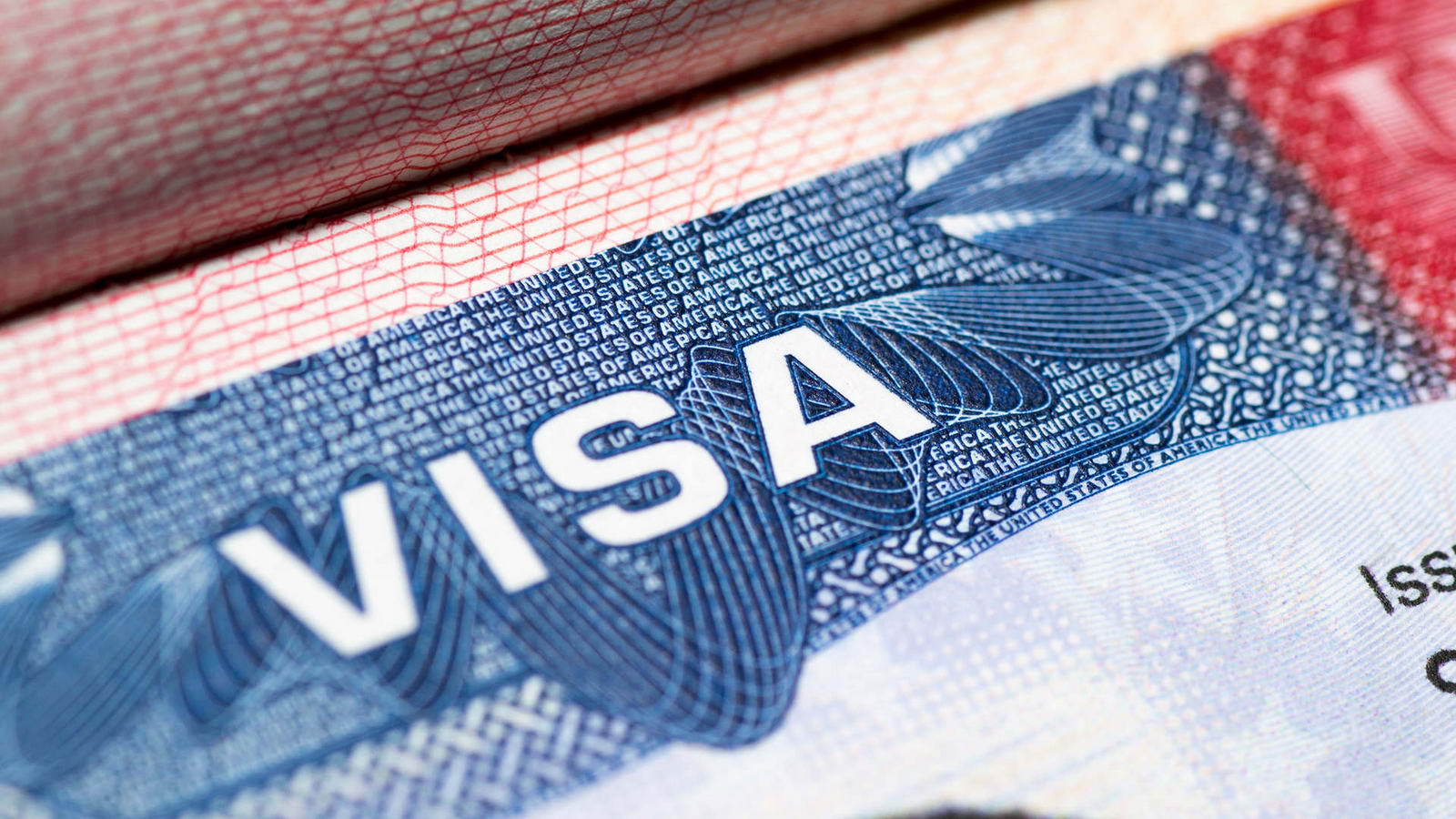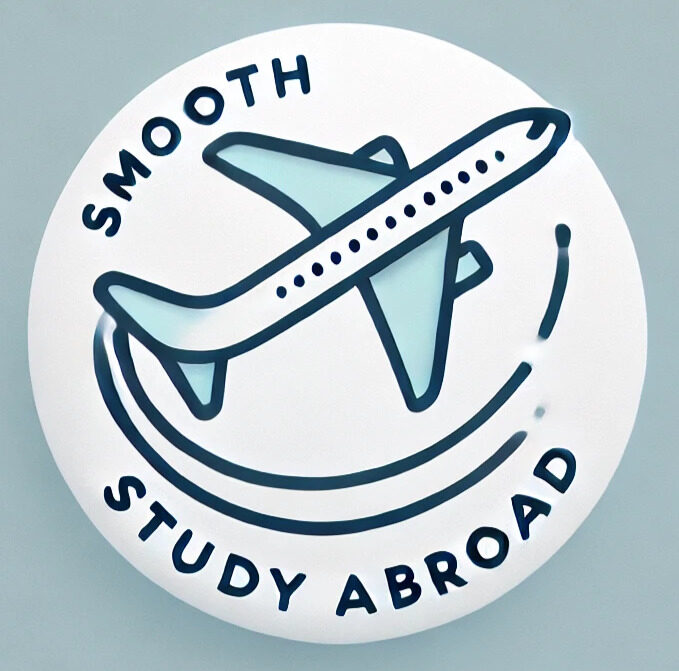Visa requirements for studying abroad: Everything you need to know
 Studying abroad visa: Studying abroad is an exciting adventure, but to make it a reality, obtaining a student visa is an essential step. This comprehensive guide will help you understand student visa requirements and successfully navigate the application process. Find out about visa types, the steps to follow and practical advice to ensure your application is successful.
Studying abroad visa: Studying abroad is an exciting adventure, but to make it a reality, obtaining a student visa is an essential step. This comprehensive guide will help you understand student visa requirements and successfully navigate the application process. Find out about visa types, the steps to follow and practical advice to ensure your application is successful.
Why a visa is essential for studying abroad
Obtaining a visa is an essential step for any student wishing to study abroad. It allows you to stay legally in your destination country and study while respecting local laws. Here’s why it’s crucial to understand the visa application process:
Understanding the Visa Application Process
The visa application process may seem complex, but understanding it is essential to avoid any delays or complications. Each country has specific requirements, and it’s important to follow the instructions to the letter. In general, you’ll need to submit documents such as your acceptance letter, passport, proof of funding and sometimes medical tests or proof of accommodation.
Types of student visas and their differences
There are different types of student visa, each corresponding to a specific program or level of study. Here are a few examples:
- Student Visa (long stay): Often required for higher or longer-term studies, such as a master’s degree or doctorate.
- Student Visa (short stay): This visa is intended for students leaving for short-term studies, such as exchange programs or internships.
- Student Work Visa: This visa allows students to work part-time while studying in countries such as the USA or Canada.
Each type of visa has its own eligibility conditions and requirements.
Key steps to obtaining a Student Visa
Obtaining a student visa involves several steps, from preparing the necessary documents to submitting your application. Follow these key steps to increase your chances of obtaining your visa without a hitch.
Prepare the necessary documents
Before you start the visa application process, make sure you have all the necessary documents. These documents vary from country to country, but here are the most frequently requested items:
- Valid passport: Must be valid for the duration of your studies.
- Letter of acceptance from the university or educational institution.
- Proof of funding: Show that you have sufficient funds to cover your tuition fees and daily expenses.
- Passport photo: Follow the exact specifications requested by the embassy or consulate.
- Proof of accommodation: Some countries require proof that you have a place to live for the duration of your studies.
How to apply for a visa correctly
Filling in your visa application correctly is essential. This involves filling in forms online or on paper, providing accurate and complete information. Here are a few tips:
- Check information: Make sure that all the information provided on the form is correct. Errors may result in delays or refusal of your application.
- Gather all documents: Make sure you provide all the documents requested. Missing an essential document can also delay the processing of your application.
Anticipating lead times and associated costs
Visa processing times can vary depending on the country and type of visa. It is therefore important to submit your application well in advance to avoid any last-minute stress. Take into account estimated processing times, visa fees and costs associated with translation services or legalization of documents if necessary.
Practical tips for a successful visa application
The visa application process can be daunting, but a few tips can help you avoid common mistakes and maximize your chances of success.
How to avoid common mistakes
Here are the most common mistakes to avoid when applying for a student visa:
- Submitting incomplete documents: Check carefully that you have included all the required documents.
- Missing deadlines: Always respect submission deadlines to avoid refusals or delays.
- Ignoring specific requirements: Each country has its own rules regarding student visas. Read the instructions carefully and follow them precisely.
Handling a visa refusal and re-applying
If your visa application is refused, don’t panic. Check the reasons for the refusal and make sure you correct any mistakes before submitting a new application. In some cases, you can appeal the decision, but it’s often quicker to submit a new application once you’ve resolved the problem.
Conclusion
A student visa is key to studying abroad. Understanding visa requirements and following the application process step by step will help you avoid common mistakes and ensure a successful application. By anticipating documents, deadlines and fees, you’ll be ready to study abroad and enjoy a rewarding international experience.
